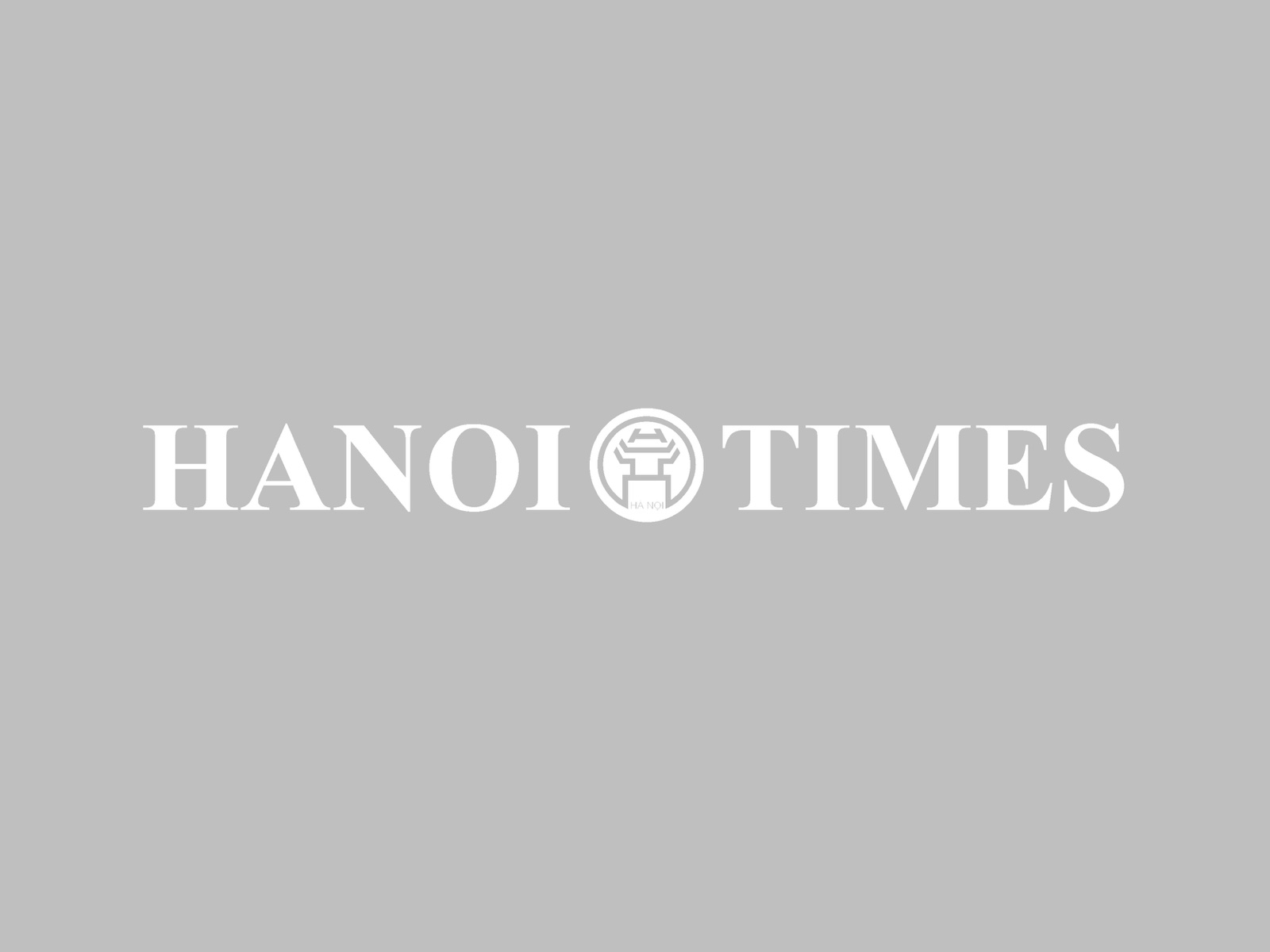Vietnam
Investors bullish on Vietnam but see protectionism risks: Fitch
Jun 28, 2018 / 01:36 PM
Fitch expects Vietnam to maintain healthy growth of 6.7% in 2018 and 2019, supported by continued inflows of FDI.
Almost 80% of attendees at the "Fitch on Vietnam" conference held in Hanoi earlier this month expressed that now is the time to increase exposure to Vietnam, while 87% felt that the economy would either continue its strong recent performance or accelerate this year. But still, they saw external risks including protectionism as the biggest threat to this upbeat outlook.
Fitch upgraded Vietnam's sovereign rating to 'BB' from 'BB-' in May 2018 to reflect an improving record of strong macroeconomic performance, as well as rising foreign-exchange reserves and a commitment by the authorities to contain debt levels.

The rating agency also expects Vietnam to maintain healthy growth of 6.7% in 2018 and 2019, supported by continued inflows of FDI into the export-oriented manufacturing sector and the expanding services sector.
Fitch noted that public finances remain a rating weakness. Deficit ratios are above the 'BB' median, and the government faces contingent-liability risks associated with structural weaknesses in the banking sector and guarantees for state-owned enterprises (SOEs).
However, the government has stepped up implementation of its privatization program, generating receipts worth around 1.2% of GDP in 2017 - in line with the official target - which contributed to a fall in the public debt ratio last year. The government is targeting cumulative receipts worth around 5% of 2017 GDP in 2016-2020, which should help to contain government debt.
Attendees' concerns over trade protectionism are likely to reflect the withdrawal of the US from the Trans-Pacific Partnership (TPP) last year and the more recent escalation of trade tensions between the US and China, as well as Vietnam's high trade dependence.
The US has also announced tariffs on imports of iron, steel and washing machines, which includes Vietnam. That said, it is possible that some manufacturing activities may be shifting to Vietnam from China in response to the US-China trade war.
Vietnam's financial markets could be exposed to volatility from US monetary tightening. In particular, a shift in global investor sentiment could trigger capital outflows from emerging and frontier markets, such as Vietnam.
Attendees at the Fitch conference highlighted liquidity risks facing the credit markets. Un-sterilized reserve accumulation amid large capital inflows has led to a build-up in liquidity in the banking system in recent years, boosting credit growth and pushing down domestic government bond yields. These trends have added to the risk of volatility in the event that capital inflows reverse.
Nevertheless, the economy's overall vulnerability to rising US rates and shifts in global sentiment is mitigated by rising external buffers and the implementation of a flexible exchange-rate mechanism since early 2016. Vietnam has also run consistent current account surpluses since 2011, and its external debt-servicing ratio/current external receipts ratio is 4.7% - far below the 'BB' median of 12.1%.
Fitch upgraded Vietnam's sovereign rating to 'BB' from 'BB-' in May 2018 to reflect an improving record of strong macroeconomic performance, as well as rising foreign-exchange reserves and a commitment by the authorities to contain debt levels.

A view of HCM City, Vietnam. Photo: Minh Tuan
The rating agency also expects Vietnam to maintain healthy growth of 6.7% in 2018 and 2019, supported by continued inflows of FDI into the export-oriented manufacturing sector and the expanding services sector.
Fitch noted that public finances remain a rating weakness. Deficit ratios are above the 'BB' median, and the government faces contingent-liability risks associated with structural weaknesses in the banking sector and guarantees for state-owned enterprises (SOEs).
However, the government has stepped up implementation of its privatization program, generating receipts worth around 1.2% of GDP in 2017 - in line with the official target - which contributed to a fall in the public debt ratio last year. The government is targeting cumulative receipts worth around 5% of 2017 GDP in 2016-2020, which should help to contain government debt.
Attendees' concerns over trade protectionism are likely to reflect the withdrawal of the US from the Trans-Pacific Partnership (TPP) last year and the more recent escalation of trade tensions between the US and China, as well as Vietnam's high trade dependence.
The US has also announced tariffs on imports of iron, steel and washing machines, which includes Vietnam. That said, it is possible that some manufacturing activities may be shifting to Vietnam from China in response to the US-China trade war.
Vietnam's financial markets could be exposed to volatility from US monetary tightening. In particular, a shift in global investor sentiment could trigger capital outflows from emerging and frontier markets, such as Vietnam.
Attendees at the Fitch conference highlighted liquidity risks facing the credit markets. Un-sterilized reserve accumulation amid large capital inflows has led to a build-up in liquidity in the banking system in recent years, boosting credit growth and pushing down domestic government bond yields. These trends have added to the risk of volatility in the event that capital inflows reverse.
Nevertheless, the economy's overall vulnerability to rising US rates and shifts in global sentiment is mitigated by rising external buffers and the implementation of a flexible exchange-rate mechanism since early 2016. Vietnam has also run consistent current account surpluses since 2011, and its external debt-servicing ratio/current external receipts ratio is 4.7% - far below the 'BB' median of 12.1%.








